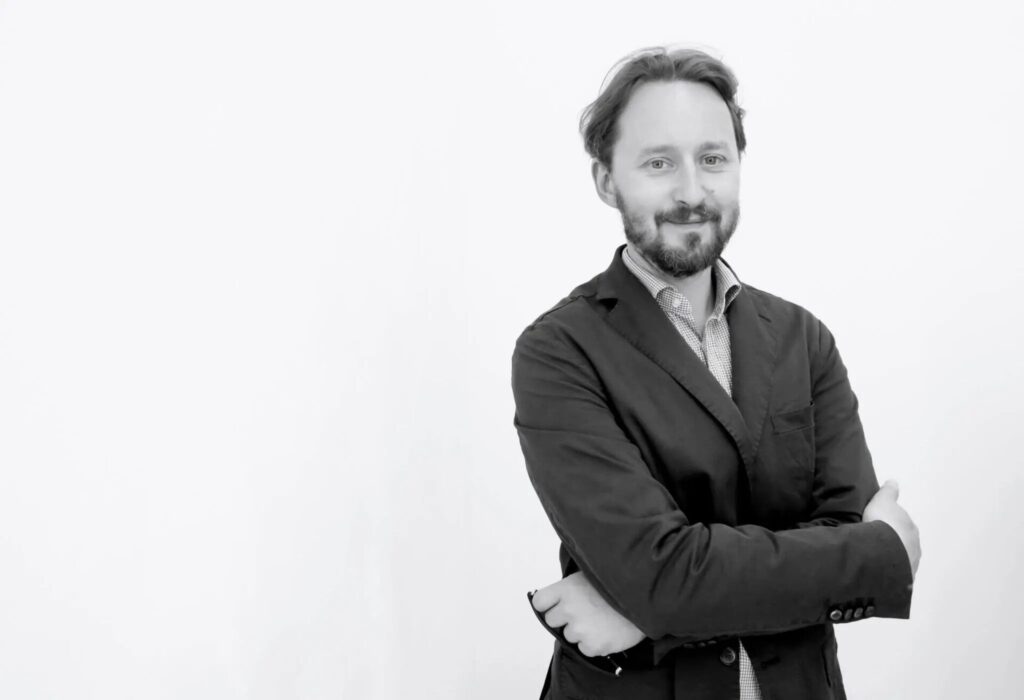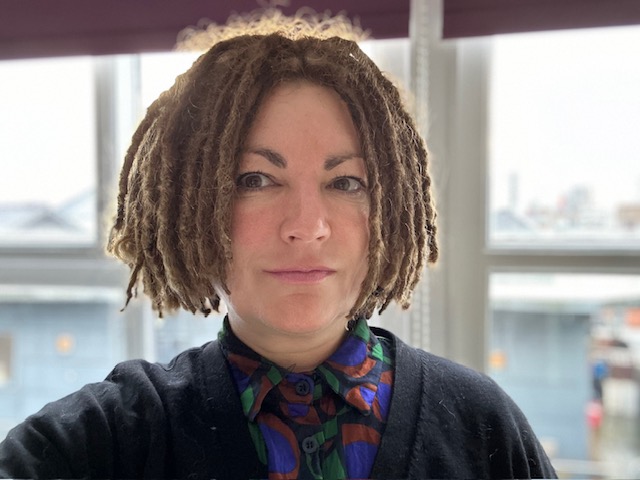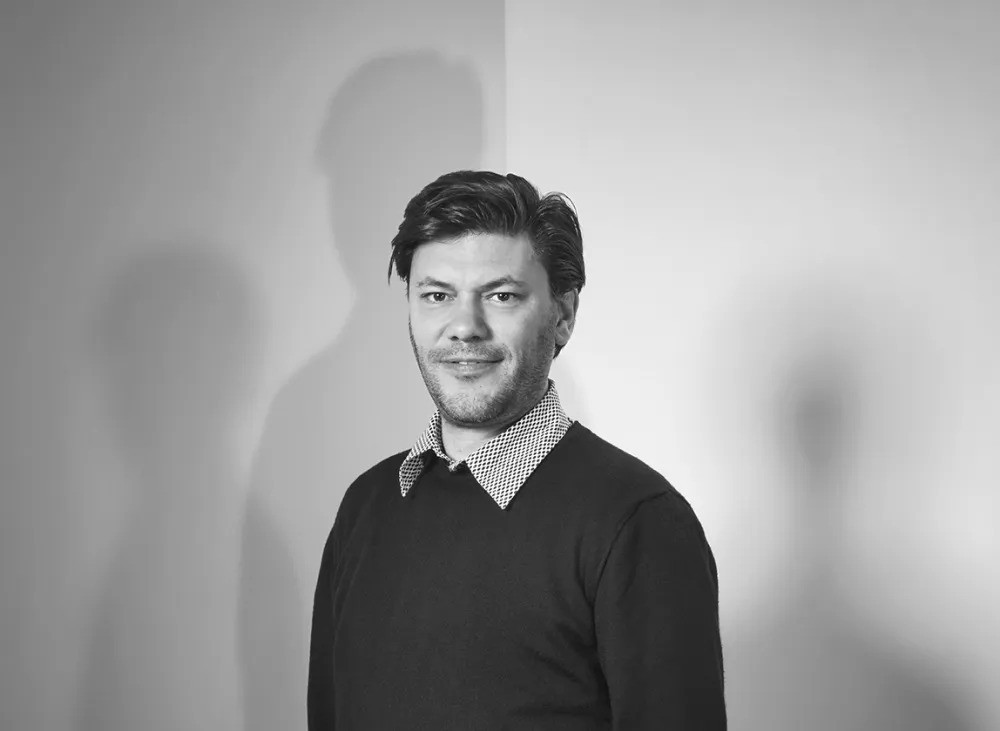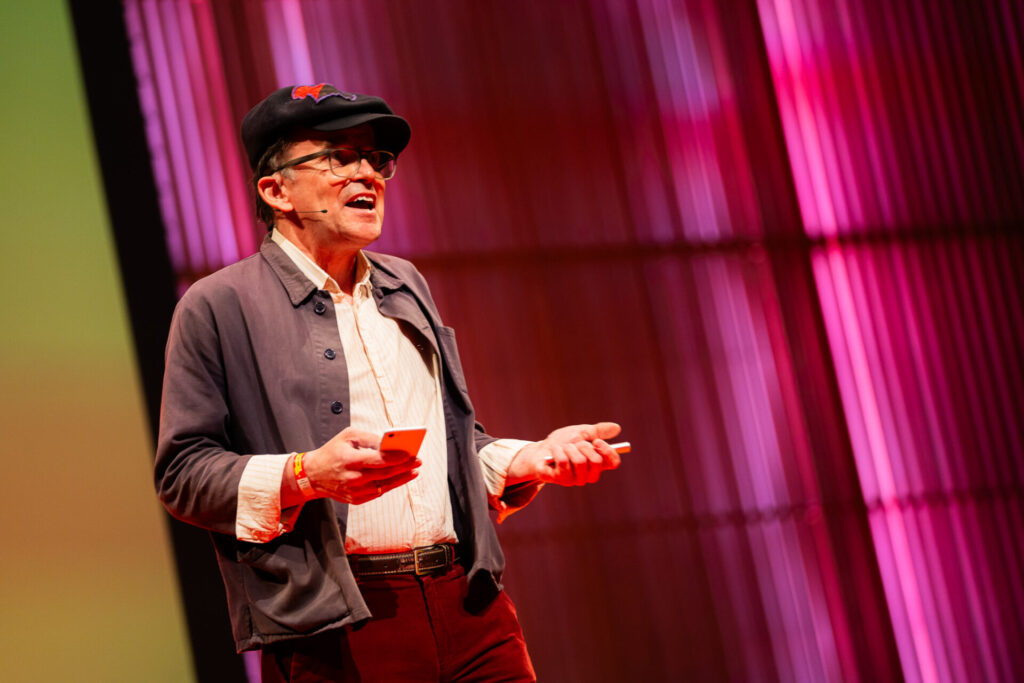
Islands in the Future / Museum of Care & the Survival Kit Collection
We are living through a time of profound change. To advance the legacy of David Graeber, we ask: What could a truly progressive and broadly supported project for the future look like?
Alongside these conversations, we will also be working on the grand opening of the Museum of Care in St. Vincent. This is not just a space—it is an invitation to rethink how we share knowledge, technologies, and practical tools for building a future that isn’t based on mere survival, but on mutual support and collaboration.
APRIL 10 / 15:00 St Vincent time | 20:00 London time
The climate is changing. How about us?
On April 10, the DGI team will facilitate a hybrid roundtable discussion with presenters online and at the University of West Indies in Kingstown. This session will focus on the climate crisis and collective resistance. We will talk about the development of the Museum of Care in St Vincent, the ongoing work on David Graeber’s archive (and how it can be implemented into future programming at the Museum of Care in St Vincent), as well as the tools and strategies of pedagogies of care, open-source climate resilient architecture, and much more. We will be joined by Andris Brinkmanis, Nika Dubrovsky, Vera Mey, Alastair Parvin, Philippe Pirotte and Clive Russell.

ANDRIS BRINKMANIS
Curator and art critic focused on alternative education and visual culture. He teaches at NABA in Milan, has curated internationally, and writes for major art publications.
NIKA DUBROVSKY
Artist, co-author (with David Graeber) of Anthropology for Kids, and co-founder of the David Graeber Institute.


VERA MEY
Art historian and curator whose research focuses on Southeast Asian art during the Cold War, regionalism, and decolonial thought. She has curated widely across Asia and beyond, and teaches at the University of York.
ALASTAIR PARVIN
Co-founder and CEO of Open Systems Lab. Along with Nick Ierodiaconou and others he is a co-creator of WikiHouse, and has won a number of international awards and competitions with projects exploring innovative processes and applications for design.


PHILIPPE PIROTTE
Adjunct Senior Curator at BAMPFA and member of the Documenta Commission (2019–2022). He was rector of the Städelschule, director of Kunsthalle Bern, and co-founder of objectif in Antwerp. He curates globally and regularly writes on modern and contemporary art.
CLIVE RUSSELL
Graphic designer based in Hackney, North London and co-founder of This Ain’t Rock’n’Roll. He designed the branding for Extinction Rebellion, Brixton Pound, DGI, Museum of Care, and many other projects.

What we’ll explore:
- How can cultural practitioners influence the unfolding crisis?
- How can solidarity networks help can us to adapt?
- What role do decentralized technology hubs play in survival?
- Which tools, knowledge, and infrastructures do we need to share?
We are beyond the point of simply debating degrowth or circular economies. Climate disasters are no longer a distant threat—they are happening now, bringing social and political crises with them. At the same time, scientific breakthroughs, new technologies, and community-led solutions already exist. The challenge is how to connect them into something bigger.
How do we build a future that is fair, sustainable, and liberatory—not just for some, but for all?
Museum of Care & the Survival Kit Collection
The David Graeber Institute is developing an anti-colonial Museum of Care in Saint Vincent and the Grenadines that repurposes an abandoned ship, which will be pulled ashore and installed near the old oceanfront airport. The museum will be organized around the “Survival Kit” collection, which focuses on the maintenance of human life rather than the preservation of art objects.
The museum, like a playground, a school, or a public square, is a space where society’s values and political imagination take shape. According to Immanuel Wallerstein and David Graeber, revolutions are not about seizing power but about transforming political common sense.
In this spirit, we are inviting scholars, journalists, designers, architects, and artists to discuss how we can engage with and respond to the expanding crisis—not just with critique, but with practical solutions.
